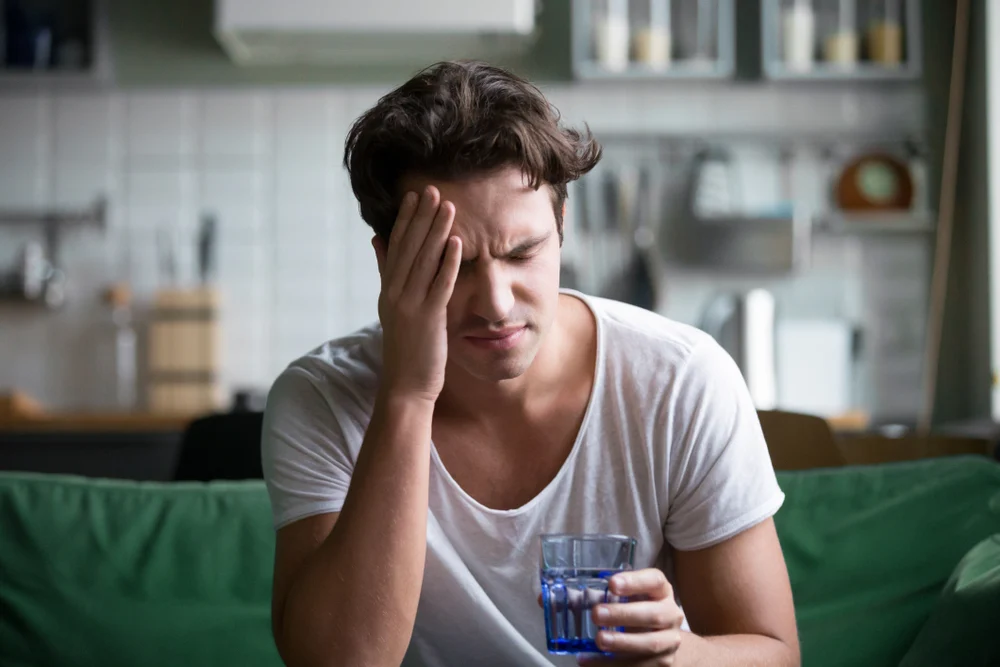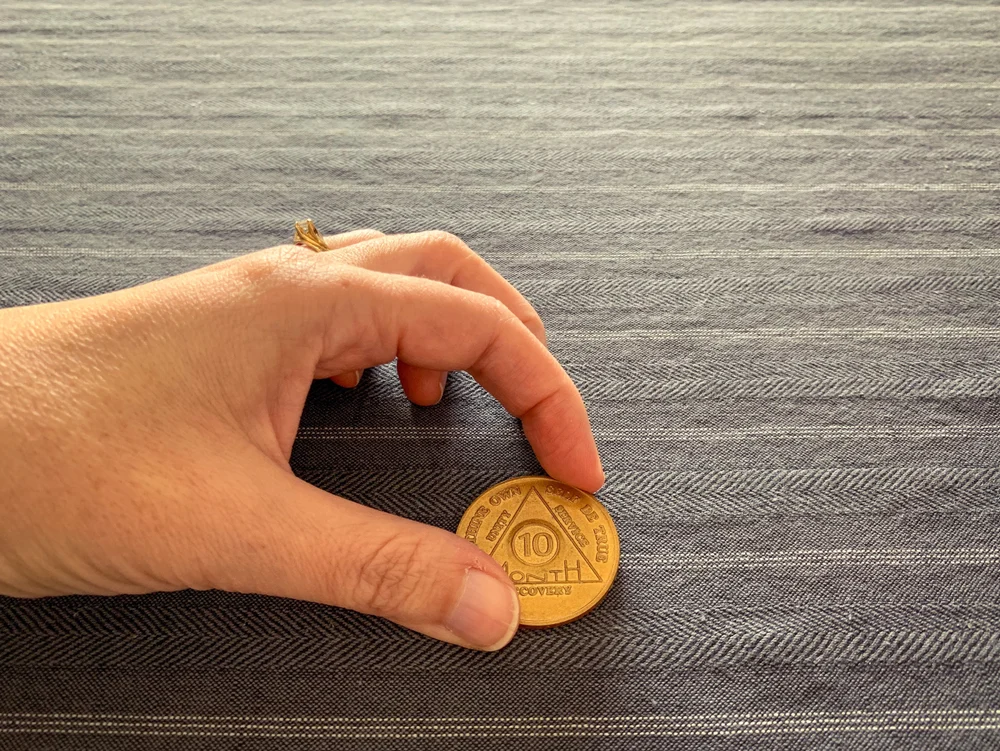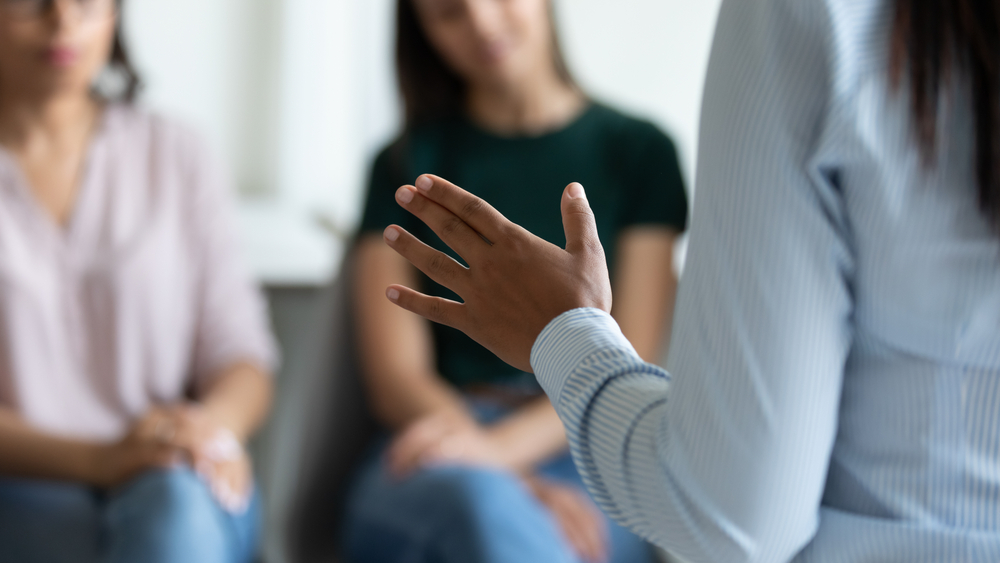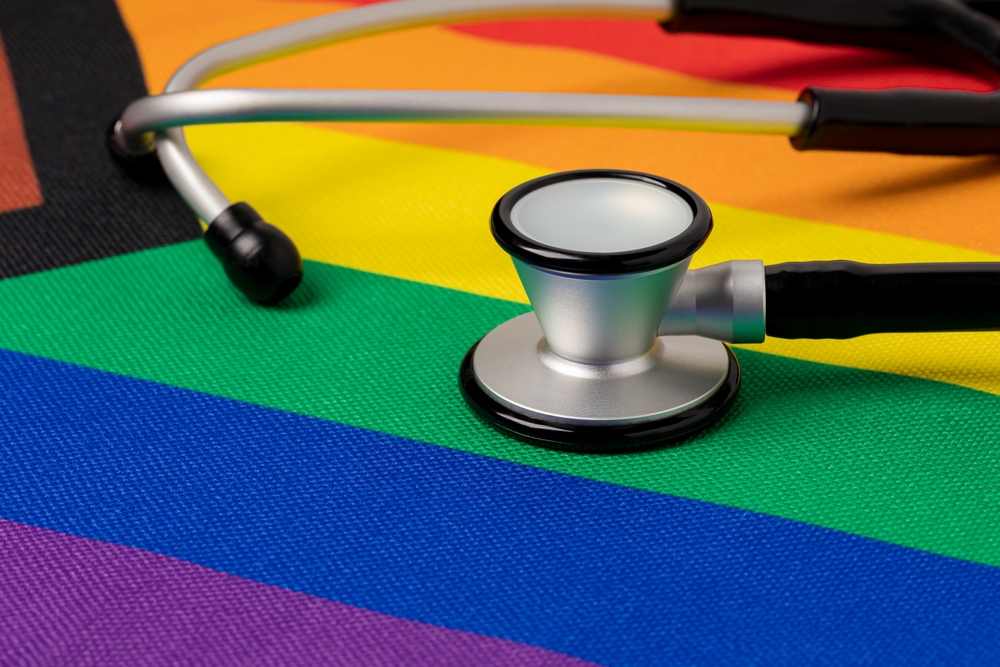Addiction Treatment for Alcoholism: What to Expect From Rehab
Alcohol rehab programs offer specialized treatment to help individuals quit drinking safely and treat alcoholism. Their goal is to address the underlying reasons for alcohol use disorders to help people develop life-long skills for healthy and sober futures. Read further to learn how they work.

What to Expect From Alcohol Rehab?
A 2024 report by the Substance Abuse and Mental Health Services Administration (SAMHSA) found that about 29 million Americans have alcohol use disorder (AUD), yet only 1.9% of them receive treatment for it.
You might be asking, “What is alcohol rehab like?” Rehab programs for alcohol abuse and addiction address four stages of treatment:
Treatment Initiation
During this assessment phase, care teams gather a comprehensive picture of an individual’s drinking patterns and recovery needs. The goal of AUD treatment is more than just helping a person stop drinking. It also involves addressing underlying medical and psychological conditions, while understanding the person’s environment (living conditions, legal issues, family problems and transportation needs) to formulate an alcohol addiction treatment program tailored to their unique conditions.
Early Abstinence Treatments
The first step after deciding upon the best recovery route for a patient’s needs is generally medical detox. A clinical team helps you safely manage cravings and withdrawal symptoms that may manifest after stopping drinking. These early phases are delivered in inpatient or outpatient modalities and may require fine-tuning to optimize outcomes.
Alcoholism detox involves close medical monitoring and medications to prevent complications of withdrawal and help you feel more comfortable. After the initial detox period, patients receive addiction and relapse prevention education, counseling (individual, group and/or family counseling) and support groups.
Abstinence Maintenance and Alcoholism Aftercare Services
Recovery is a lifelong journey. Aftercare can help sustain sobriety by designing unique plans for each person. They may include support groups like 12-step programming, individual and family counseling, life skills workshops and job and housing assistance.
Advanced Recovery Services
After treatment ends, some clients may still need specialized services to sustain wellness. Sober home facilities provide safe environments and companionship.
Aftercare plans for alcoholism can organize in-house 12-step recovery meetings and social events to solidify skills learned in recovery. Recovery works better in a community, so these services take advantage of its accountability and motivation benefits.
Different Types of Alcohol Rehab
Inpatient (Residential) Rehab Overview
Inpatient recovery programs offer patients the opportunity to live in a facility that features 24/7 care and supervision. This is because prolonged chronic alcohol abuse can generate withdrawal symptoms that are better handled with continuous clinical support. Candidates for alcoholism programs might have co-occurring mental health conditions or have relapsed.

Inpatient facilities offer patients a safe haven from negative environments that can promote drinking behaviors.
Patients join a community, staff and peers committed to a sober life, and benefit from a daily structured schedule away from triggers. A controlled environment can promote self-reflection and skills development for alcoholism relapse prevention.
One main feature of inpatient modalities is medically supervised detox. Patients receive support to address craving and withdrawal symptoms with the help of prescribed medication.
Supplementary programs address the underlying causes of addiction, such as individual and group therapy, nutritional support, and wellness. These can be adjusted to each patient’s unique needs.
Outpatient Rehab Overview
Outpatient treatment recovery programs offer patients opportunities to live at home and maintain a job while attending part-time, scheduled treatment sessions at an alcohol rehab center.
Outpatient care is best for those with mild to moderate alcohol use disorders. These can include the following:
- Patients with less severe AUD: Outpatient programs are better suited for individuals with less severe relapse propensity.
- People with strong support systems at home: Social relationships can promote recovery.
- Individuals who must maintain work or family responsibilities: FMLA is a labor law that covers alcohol rehab. Workers can take an unpaid leave of absence without losing benefits. However, unpaid time off isn’t feasible for many people, so outpatient programs allow them to access recovery part-time.
- People with reliable transportation: Outpatient programs require committing to appointments.
- Patients who transition from inpatient treatment to less intense programs: Outpatient programs can be a beneficial step down from residential alternatives.
- Cost benefits: Outpatient programs for alcoholism can be less costly.
Eligible patients can enroll in various types of outpatient programs. Services are categorized based on the severity of your condition, your physical and mental health status, and other factors.
Here are some standard levels of care:
- Standard Outpatient Program (OP): Patients attend 1-3 weekly sessions of programming to address behaviors that promote drinking. Through counseling, psychotherapy, group activities, and tailored interventions, a person learns how to change their drinking patterns.
- Intensive Outpatient Program (IOP): IOP includes 3-5 weekly sessions of intense activities. The goal is to offer individuals similar treatment modalities they would receive in an inpatient setting without needing to live in a facility. The focus is behavior change, coping skill acquisition, and addressing mental health challenges.
- Partial Hospitalization Program (PHP): These programs are a step down from inpatient levels. Patients attend at least 20 weekly hours divided over 5–7 days per week of intense treatment. Their structured setting benefits patients with more severe disorders as clinical staff is available and continuous monitoring is accessible.
All outpatient programs teach valuable coping skills, help patients identify triggers, and address underlying circumstances that may promote drinking behaviors.
Detox Programs Overview
Approximately 50% of patients who suddenly stop or reduce their alcohol intake experience withdrawal symptoms like anxiety, tremors, agitation, or even seizures that can be fatal. That’s why individuals in the early stages of alcoholism treatment may require support to safely manage alcohol withdrawal symptoms.
Detox programs, often including 24/7 medical supervision, are short-term interventions for people experiencing withdrawal due to physical alcohol dependence.
Specialists evaluate a person’s unique health challenges and may prescribe medications to reduce cravings and safely manage withdrawal symptoms. Medication-assisted detox also generally functions as transition planning into longer rehab programs that address the underlying reasons for alcohol abuse.
Dual Diagnosis Rehab Overview
Up to 46 million Americans struggle with substance use disorders, and 44% of them also have a co-occurring mental health condition.
Dual diagnosis rehab helps individuals battling alcoholism while simultaneously addressing underlying psychological issues contributing to addiction, like depression, anxiety, and PTSD.
- Focus: Integrated treatment for both conditions. Mental health conditions can fuel drinking. By digging deep into a person’s psychological needs, you can get a bigger picture of their addiction’s true nature, while helping a person deal with the emotional issues promoting their drinking.
- Coordinated care by mental health and addiction specialists. In these programs, every step of the recovery journey is connected.
Each person gets access to diverse specialists who formulate sequential interventions that promote behavior change, address trauma, and encourage sobriety.
Luxury and Executive Rehab Overview
High-profile individuals, like CEOs, business owners, celebrities and other professionals, may benefit from accessing AUD treatment in high-end facilities offering premium amenities and privacy.
For these individuals, discretion is fundamental. Their position means visibility and responsibilities that may demand that they balance recovery with multiple obligations. They seek luxury rehab centers that provide superior levels of comfort, privacy, and upscale accommodations.
Luxury rehabs tend to have attractive amenities that other rehabs may not. These extras can include:
- Private rooms
- Personalized care
- Reputation safeguarding
- Spa services
- Yoga studios
- Personal trainers
- Access to business resources (like workspaces and secure communication tools)
- Personalized nutrition plans
- Gourmet meals
- Premium wellness facilities
- Mindfulness and meditation areas
Faith-Based and Holistic Rehab Faith-Based
Recovery from disordered alcohol drinking is a highly personal journey. Programs that incorporate spiritual practices and religious beliefs can align with a person’s values and encourage commitment to sobriety. By combining religious principles with evidence-based therapies, they ignite a sense of hope and meaning in patients who are also believers.
These recovery processes are aligned with a higher purpose, like spiritual transformation to increase the chance for success. Faith-based programs engage a person’s spiritual needs, so they may include prayer, scripture study, and fellowship.
Other alcoholism programs emphasize whole-person healing (mind, body, and spirit) while not necessarily invoking any particular spiritual beliefs. The goal of this type of holistic rehab is to uncover the physical, emotional, and spiritual reasons behind disordered drinking.
Here, traditional evidence-based interventions like psychotherapy are combined with practices such as meditation, acupuncture, nutrition counseling, and art therapy, so a person can grow, heal, and adopt long-lasting healthy behaviors.
Sober Living Homes Overview
Unstable living environments can undermine recovery efforts because they expose individuals to triggers and temptations that may lead to relapse. Sober living homes offer transitional housing to support individuals who have completed rehab but want to live in an alcohol-free environment and access a community of sober-focused peers.
Sober living homes work best for:
- Patients at risk of relapse
- Individuals without stable or supportive home environments
- People who desire a structured environment focused on maintaining sobriety
Alcohol Detox and Withdrawal
Prolonged alcohol consumption and alcoholism can lead to physical dependence. Alcoholic beverages depress the central nervous system, and after continuous use, the brain of a patient with AUD can change by dialing up its activity to counterbalance alcohol’s sedative effects.
When alcohol consumption stops, these heightened responses continue unopposed and produce excessive brain activity that can result in withdrawal symptoms.

Mild symptoms can include nervousness, nausea and vomiting, sweating, and trembling. Severe symptoms may produce irritation, confusion, hallucinations, or seizures that can put a person’s life at risk.
That’s why AUD treatment generally begins with detox. Specialists assist you to safely stop drinking by managing cravings and withdrawal symptoms. This is done in some cases by employing medications to treat symptoms and prevent complications.
Find Alcohol Rehab Treatment Near You
Treatment Centers Directory is a leading hub for finding alcohol rehab centers in the U.S.
Its locator will help you discover an accredited facility near you offering amenities, discretion, and finance options that adapt to your unique needs.
You can also ask a trusted healthcare professional (like a PCP) for a referral in your community, or rely on friends or family who’ve been in recovery before for advice.
Treatment Timeline: From Detox to Advanced Recovery
- Weeks 1-2: Alcohol treatment usually begins with medically supervised detoxification that typically lasts 5-7 days. During this stage, care teams manage withdrawal symptoms. Medications may be administered to minimize discomfort and prevent life-threatening complications.
- First 3 months: Early recovery requires rebuilding daily routines based on structured healthy habits. Patients in this phase identify personal triggers and build coping mechanisms.
This is a vulnerable period because the risk of relapse is high. Individuals benefit from professional counseling and community support networks to navigate emotional challenges and maintain sobriety.
- 3-12 months: In this stage, patients practice the implementation of skills they’ve learned, join support groups, possibly live in sober homes or attend alcohol-free environments while remaining accountable to peers and professionals.
- Long-term recovery (1+ year): Maintaining sobriety is a long-term pursuit. It requires nurturing a growth mindset through continuous self-improvement, community engagement and comprehensive aftercare programs that strengthen life skills and mental health.
Medications Used for Alcohol Addiction
There are three medications that are FDA-approved for treating alcohol use disorder.
- Naltrexone influences the same brain regions stimulated by alcohol consumption. A person using naltrexone is less likely to feel the usual pleasure or “buss” when drinking. This can reduce consumption and cravings.
- Acamprosate regulates brain chemistry disrupted by prolonged alcohol abuse. It’s particularly effective in reducing cravings after stopping drinking.
- Disulfiram disrupts how the body breaks down alcohol, so a person gets ill if they drink while taking it. This punitive mechanism may promote behavior change and sobriety.
Care teams also employ other medications to manage withdrawal symptoms. Calming prescription medications, like benzodiazepines, may help people navigate early sobriety more comfortably and safely by reducing common withdrawal symptoms like anxiety, headaches and insomnia.
Aftercare and Long-Term Recovery Post Alcohol Rehab
Aftercare planning is an essential component of sustainable sobriety. Planning for a healthy life after treatment usually begins alongside detox to establish explicit recovery goals and anticipate relapse triggers.
A person’s living environment, emotional needs, and any co-occurring psychiatric conditions are considered to design tailored, evidence-based therapies conducive to sustained recovery. Preparing living arrangements, refining job skills, joining support groups, and accessing individual counseling are essential aspects of successful aftercare plans.
Cost of Rehab & Insurance Options
Alcohol recovery programs can be expensive. Inpatient treatment options for alcoholism are more costly than outpatient alternatives because they include living arrangements and more intensive care. However, the final cost depends on each person’s circumstances.
You might ask if insurance covers alcohol rehab. Most insurance companies cover at least part of inpatient treatments, so it’s wise to reach out to them to discuss coverage and access a list of approved facilities.
In addition to insurance providers, centers might offer payment plans, grants, sliding scale alternatives, and financial support to help offset expenses, so contacting them is a good idea.
Family Support and Resources for Alcoholism
If you or someone in your family struggles with alcohol abuse, there are resources you can access.
- SAMHSA’s National Helpline (1-800-662-4357) offers substance use treatment resources.
- Treatment Centers Directory is the leading directory for finding rehabilitation centers in the U.S. You’ll locate facilities that respect your beliefs, adapt to your circumstances, and offer financial assistance.
- Alcoholics Anonymous offers resources forlocal support groups.
- Your physician can help you find local rehab for alcoholics.
How to Start Alcohol Detox Safely
Don’t just look at the costs. You should also prepare by making sure you know how to detox safely. Here are some steps to take before entering the facility:
- Consult a healthcare professional before stopping alcohol consumption to assess your risk level.
- Seek medical supervision rather than attempting to quit by yourself, as withdrawal symptoms can be dangerous.
- Undergo a proper evaluation so a specialist can determine if you need inpatient care or can safely detox in an outpatient setting.
- Consider medically-assisted detox as your doctor may prescribe medication to ease withdrawal symptoms and safely reduce cravings.
- Plan for continued treatment beyond detox to address the underlying causes of your drinking and maintain sobriety.
Real Stories: Case Examinations and Testimonials
Does rehab work for alcoholics? Yes, recovery is possible with hard work and professional support. Alcohol rehabilitation programs provide individuals with structured pathways to recovery that leverage personalized care.

The journey begins with specialized care to address physical dependence and underlying psychological factors. One patient explains: “Therapy programs are tailored to your needs, so the journey to recovery feels yours and making it more effective.”
Programs commonly combine medical supervision, counseling, and peer support in a nurturing environment. Another patient states: “While I realize the staff is doing their job, my connection with them felt more like family.”
Participants acquire coping tools and develop life skills beyond treatment duration. One patient concludes: “I am proud to say I am maintaining my sobriety. Rehab gave me the head start I needed to set me up for success and get my life back.”
FAQs About Alcohol Rehab
Abrupt alcohol cessation after prolonged use may trigger life-threatening withdrawal symptoms, like seizures and hallucinations. Medical supervision is required for safety.
Medical detox typically lasts 5-7 days but can go longer. Managing withdrawal symptoms under professional supervision and sometimes using medications MAT can increase your comfort and help ensure safety.
Seek medical evaluation before abruptly stopping. Professional supervision assists with dangerous withdrawal symptoms. Under supervised care, MAT may reduce cravings and minimize side effects.
Standard programs run 30, 60, or 90 days, although the duration varies according to individual needs. Sobriety is a long-term journey requiring ongoing support.
Costs vary based on program type, duration, and amenities. Does Medicare cover alcohol rehab? Yes. Insurance often covers partial expenses, so contact your provider. Many facilities offer payment plans or sliding scales.
Typically 30, 60, or 90 days. It depends on severity and progress. Length differs based on individual assessment and ongoing treatment goals.
Inpatient rehab costs more than outpatient rehab because of 24/7 care and accommodations. Insurance coverage and financial assistance alternatives are available.
Residential treatment provides continuous structured care, supervised detox, and individual therapy to address underlying causes. A safe environment away from triggers within a recovery-minded community is the foundation of residential treatment programs.
Alcohol use disorder isn’t easy to live with, and recovery is often filled with many challenges. But building a better life that’s healthier and happier is worth it in the long run. Visit TreatmentCentersDirectory.com to start experiencing life outside of addiction.
More About Alcohol & Addiction Treatment

Executive Drug Rehab
Professional and Executive Drug Rehab Professionals, especially those in high level positions, such as business executives, and medical professionals, including …

Holistic Drug Rehab
Holistic Alternatives to Substance Use Treatment Holistic drug rehab and substance abuse treatment are becoming increasingly available as more people …

LGBTQ Drug Rehab Programs
LGBTQ Oriented Substance Use Treatment Lesbian, gay, bi-sexual, transgender, and queer (LGBTQ)-identifying adults are more likely than straight adults to …